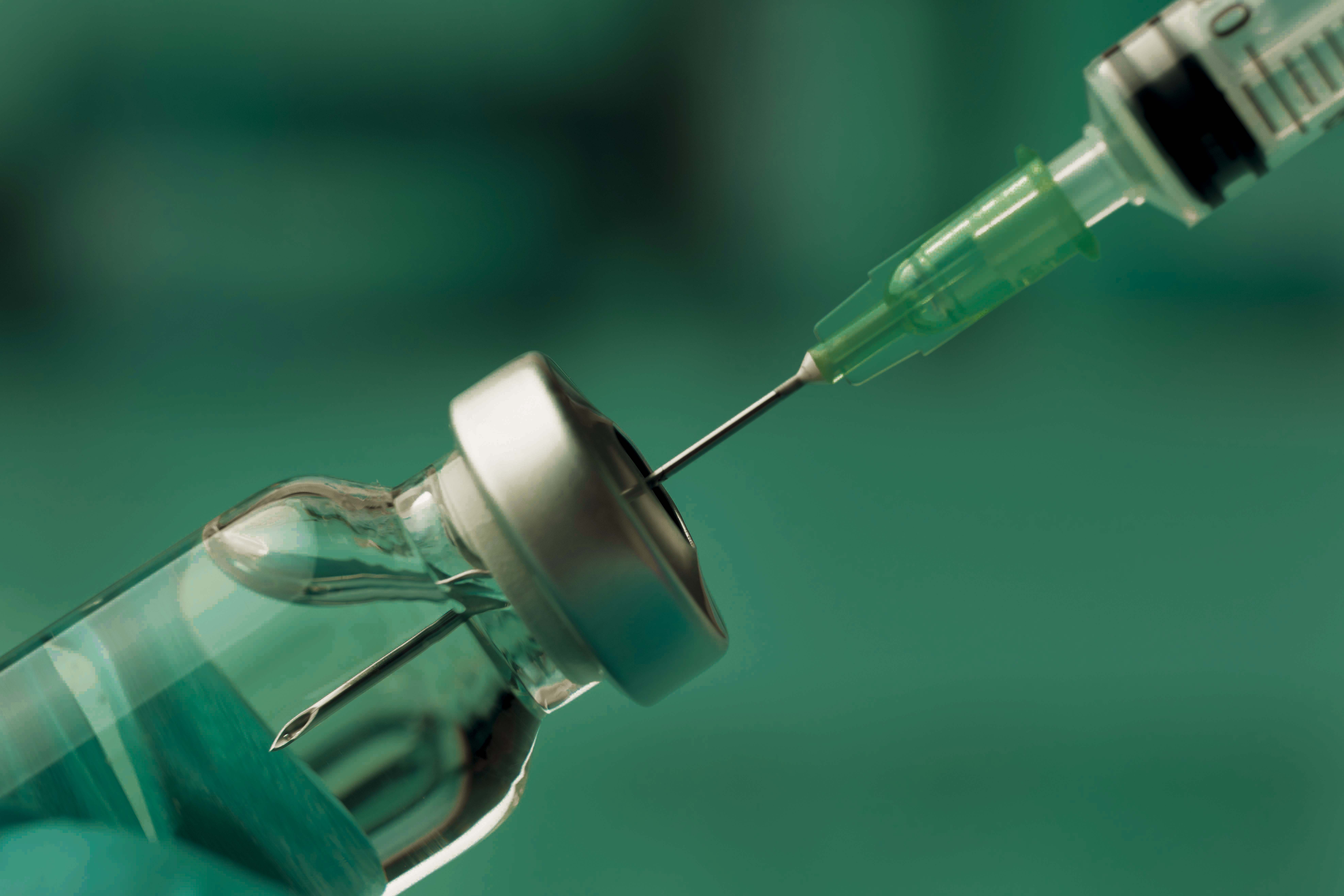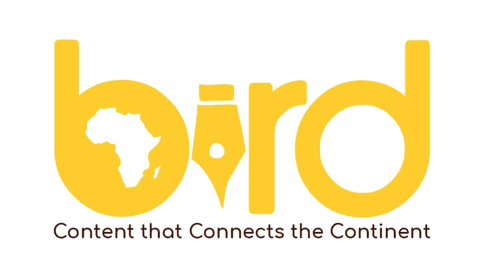The continent is seeing a big shift in bio-manufacturing, potentially reducing dependence on vaccine imports and building self-reliance in its health sector.

Bonface Orucho, bird story agency
A bid for self-sufficiency in the health sector is largely seen targeting vaccine imports, elevating Africa's bio-manufacturing industry, according to numerous recent reports which also point to improved healthcare capabilities.
“The COVID-19 pandemic highlighted the urgent need for Africa to accelerate its vaccine manufacturing capabilities,” said Olilo Patrick, a Genetic Engineer at the Kenya Medical Research Institute, Centre for biotechnology research and development.
During the pandemic, vaccine access was almost impossible in most African countries, with wait times of months, as Western nations prioritised vaccine nationalism and profiteering around supply and demand.
Having learnt their lesson, African nations now seem intent on building a continental vaccine industry.
In March 2021, Gavi, the Vaccine Alliance, reported that there were "fewer than 10 African manufacturers with vaccine production, based in five countries: Egypt, Morocco, Senegal, South Africa and Tunisia". By October 2022, that had changed markedly. A report by the World Economic Forum showed that over 30 vaccine manufacturing initiatives were underway across the continent.
The African Union has set a goal for the region to develop, produce and supply more than 60% of the vaccine doses required on the continent by 2040, supported by an implementation plan led by the African Centres for Disease Control and Prevention Partnership for African Vaccine Manufacturing.
On 8th February 2023, Africa CDC, Institut Pasteur de Dakar (IPD) and the South African Medical Research Council (SAMRC) boosted these initiatives by co-hosting the inaugural Biomanufacturing Workforce Development workshop in Senegal.
Over 30 partner organisations gathered during the three-day event to discuss prospects for biomanufacturing training, gaps and opportunities for building a talented and skilled workforce.
Among other critical topics, the workshop underscored how Africa could develop its youthful talent to align with its biomanufacturing goals.
According to the United Nations, over 60% of Africa's population is under 25, with forecasts predicting that young Africans will constitute 42% of the global youth population by 2030.
"We have a great opportunity to develop this human capital today to build a successful new industry in Africa relying on its own talents tomorrow," Amadou Alpha Sall, CEO of the Institut Pasteur de Dakar, said.
Besides the workshop, a series of projects and programs are being advanced by different stakeholders targeting biomanufacturing in the continent, which currently contributes about 0.1% of the global supply of vaccines.
"Public-private collaborations, which combine the skills and knowledge of both sectors, can be critical in the growth of Africa's vaccine manufacturing business," Olilo explained.
"Governments can help with regulations, funding, and infrastructure, and private businesses can offer their technological expertise, capital, and market access," he added.
One of the most critical areas of progress has been the upscaling of African regulatory systems favouring vaccine manufacturing.
According to WHO, "Fewer than 30% of the world's health regulatory authorities are considered fully functioning and operational."
WHO acknowledges four African countries for this attainment, including Tanzania, Ghana, Nigeria and Egypt, with many others under assessment.
Egypt reached maturity level 3 for vaccine regulation in 2022 for having consistent systems that ensure the quality, safety and efficacy of imported and exported medical products.
As Olilo notes, Africa has sufficient and reputable human capital resources that can actualise vaccine independence.
"Biotechnological research institutes like KEMRI in Kenya have experienced scientists who have notable discoveries," he explained.
The Egyptian International Pharmaceutical Industries (EIPICO) is currently investing US$103 million in establishing EIPICO 3 plant, which will be the first and largest biologicals and biosimilar manufacturing facility in Egypt.
The country is also establishing a $150 million GennVax facility, the first multi-vaccine manufacturing facility in the country,
"The vaccine factory will begin producing ready-to-fill vials by 2026 and is expected to start producing antigens for the vaccines by 2029 after it has received accreditation from WHO," general manager Nibal Dahaba told The Pharma Letter.
In neighbouring Morocco, the government launched the construction of SENSYO Pharmatech, a $562m vaccine plant, to produce 116m vaccines by 2024. Morocco was among the only three African countries that produced the Chinese Sinopharm vaccine in 2021.
Down south, South Africa has been leading the development of facilities and systems to increase vaccine manufacturing capacity. The country has successfully executed large-scale vaccine manufacturing from the NantSA plant launched in 2022 to Aspen Pharmacare in Port Elizabeth.
Kenya could soon be able to manufacture vaccines after unveiling the Kenya BioVax Institute in 2021, while in Rwanda, BioNTech, a German pharmaceutical company, began construction works for the African mRNA manufacturing facility in Kigali in June 2022.
According to a statement announcing the Kigali project rollout, "The company expects to set up additional factories in Senegal and South Africa in close coordination with its partners in the respective countries."
Ghana is also developing the DEKS Vaccines Limited, expected to be fully operational by January 2024, the country's first vaccine manufacturing plant. The country also recently passed the National Vaccine Institute Bill 2022 into law, paving the way for the establishment of a National Vaccine Institute.
The AU lists Algeria, Tunisia and Nigeria as additional countries where relative activity is anticipated concerning vaccine manufacturing.
"The launch of the African Union's African Vaccine Acquisition Trust (AVAT) initiative will also spearhead this goal," Olilo noted.
Relative agencies such as the African Development Bank are giving support to the sector.
The African Pharmaceutical Technology Foundation (APTF), launched by Afdb in 2022, is expected to help Africa build its pharmaceutical sector and accelerate vaccine manufacturing.
However, Olilo explains that Africa's biomanufacturing sector requires significant research and development investment.
"Collaborative research, providing funds for Research and Development and formulation of regulations that support private sector involvement is Africa's toolkit to unlocking its potential in the sector."
bird story agency





